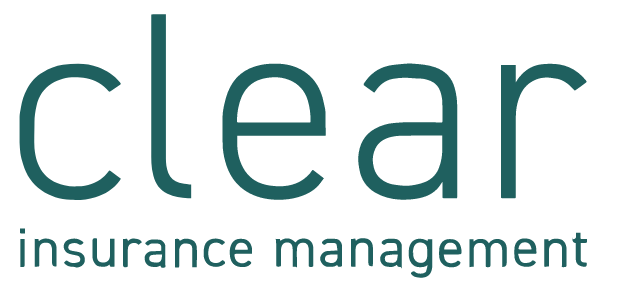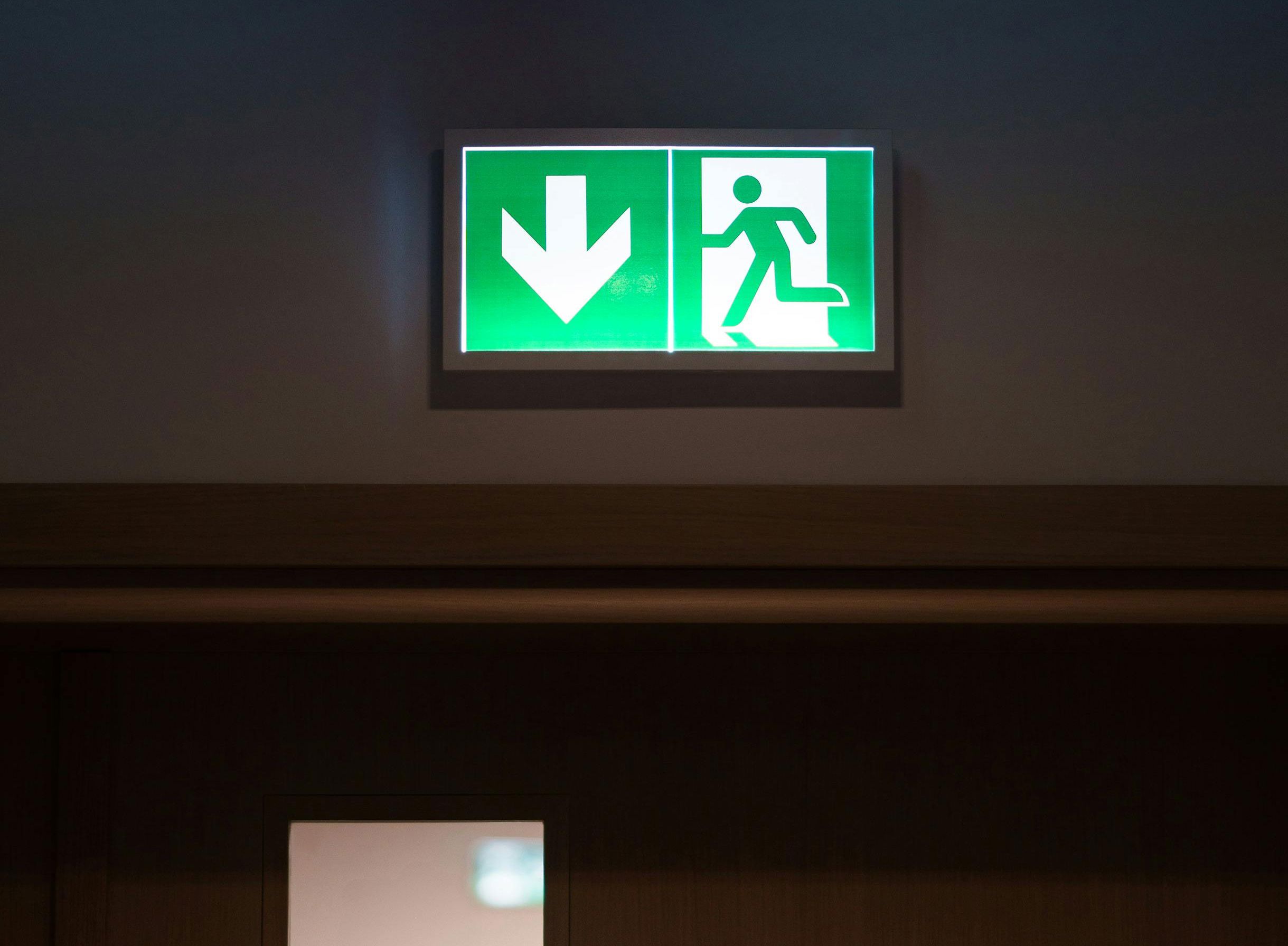Air conditioning and plumbing – a potential breeding ground for Legionella
Legionnaires’ disease is a serious and potentially fatal lung infection caused by inhaling tiny water droplets that contain Legionella bacteria. While these bacteria occur naturally in freshwater environments like rivers and ponds, they become dangerous when they grow in manmade water systems such as air conditioning units, plumbing systems, or cooling towers, especially if the water is stagnant or not properly maintained. In these settings, the bacteria can multiply and spread through mist or vapour, posing a health risk when inhaled.
What property owners, landlords and directors must know about Legionella risk
Property owners, landlords, and company directors are legally responsible for managing health and safety risks linked to their buildings. One key requirement is to carry out a risk assessment, which is a legal obligation. This includes checking hot and cold-water systems for potential hazards, particularly those that could lead to the growth of Legionella bacteria.
Systems that need to be assessed include:
- Cooling towers
- Communal boilers and pipework
- Swimming pools and spas
- Communal showers
- Air conditioning systems
- Sprinkler systems.
These systems can pose a risk if water is stored or circulated at temperatures between 20°C and 45°C, which is the ideal range for Legionella bacteria to grow.
Your legal obligations
If Legionella is identified during a property risk assessment, it’s essential to implement a clear plan to manage that risk. In some cases, a competent individual (someone with the necessary knowledge and training) can conduct both the assessment and ongoing management.
However, for more complex systems or properties considered higher risk, it’s advisable to hire a specialist contractor with expertise in this area. It’s also important to note that landlords and property directors still bear the legal responsibility for safety. Engaging a contractor does not absolve you of your duty to ensure that safety controls are put in place and followed.
How does this affect your insurance?
Property Insurance
When it comes to Property Insurance, it’s important to understand what is and isn’t covered.
Most property owners' insurance policies do not cover the costs associated with maintaining or cleaning water systems, including decontamination for issues such as Legionella bacteria. These tasks are considered routine maintenance, which is the responsibility of the property owner or manager. Therefore, if Legionella is detected in your water system and you need to clean it or replace any parts, your insurance will likely not cover these expenses.
Legionella and your Liability Insurance
Standard Property Owners or Public Liability Insurance may not automatically cover claims related to a Legionella outbreak. This is especially important for landlords and property owners to understand.
When there’s no risk
If your risk assessment shows no Legionella risk, insurers may accept this and not require additional cover. However, this assumes that proper assessments and controls are in place.
When a risk is identified
If a risk is found, it’s wise to add a Legionella Liability extension to your policy. Insurers may ask for proof of a completed risk assessment, evidence of a risk management plan and confirmation that your property complies with current Legionella codes of practice. Without these, cover may be denied.
Why standard Public Liability Insurance may not be enough
Public Liability Insurance typically covers sudden and unexpected events. However, Legionella contamination is seen as a gradual process, which is why it’s not usually covered unless you have the specific extension.
Claims Made Basis
The Legionella Liability extension is usually written on a “claims made” basis. This means only claims reported during the policy period are covered. If you switch insurers, you could lose cover for past exposures, so transitions must be handled carefully.
Cover limits and legal costs
The Legionella Liability extension is usually written on a “claims made” basis. This means only claims reported during the policy period are covered. If you switch insurers, you could lose cover for past exposures, so transitions must be handled carefully.
Loss of rent and alternative accommodation
If a Legionella outbreak forces tenants to vacate your property, you might assume your insurance will cover lost rent or alternative accommodation. However, this isn’t always the case. Even with Public Liability cover that includes a Legionella extension, these costs are not guaranteed. They typically fall under the Business Interruption section of your policy, which may exclude Legionella-related claims unless specifically included.
When cover might be available
Some policies include a “Notifiable Disease” extension, which may cover losses due to certain listed diseases. If Legionella is named, you may have some protection, but the level of cover is often lower than your main Loss of Rent sum insured. Additionally, the indemnity period (how long the policy pays out) is usually shorter, with three months being a common timeframe.
What to check
- Does your policy include a Legionella-specific extension under Business Interruption?
- Is Legionella listed under your “Notifiable Diseases” extension?
- What is the limit and duration of cover for Loss of Rent in these cases?
Directors & Officers (D&O) Insurance and Legionella risk
While Directors & Officers Insurance (D&O) typically doesn’t have specific exclusions or issues related to Legionella, it’s still important for company directors to have this cover in place. If a Legionella outbreak occurs and it’s alleged that a director failed to meet their legal responsibilities – for example, by not ensuring proper risk assessments or maintenance – D&O Insurance can help cover the legal costs of defending against such claims.
In short, D&O Insurance offers essential protection for decision-makers, covering them personally if they are held liable for management oversights, including those related to health and safety compliance.
Contact us
If you’d like to get in touch to discuss Legionella liability, please visit our property page or email: enquiries@thecleargroup.com







